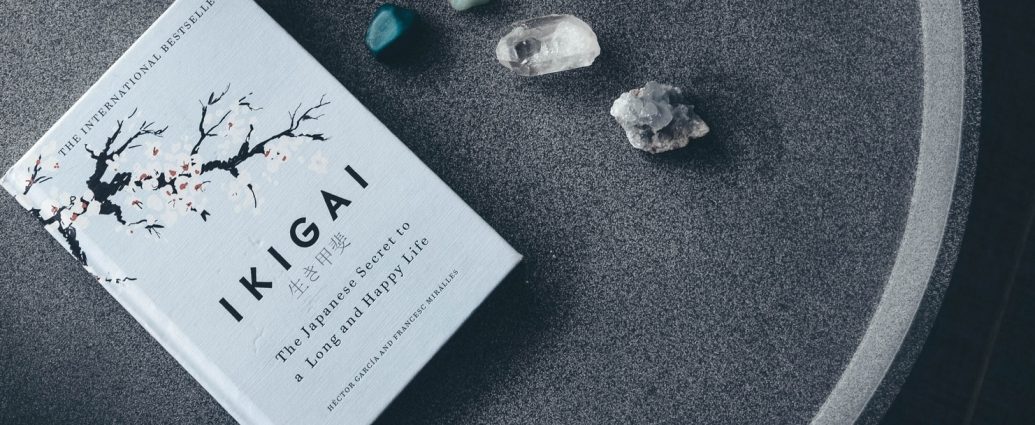Japanese culture is steeped in tradition and is known for its unique concepts that can help individuals lead more fulfilling life. These principles, known as “Japanese concepts,” offer valuable insights into how to lead a fulfilling and meaningful life. From Ikigai to Wabi-Sabi, many principles have been passed down through generations that can help us navigate the complexities of modern life. In this article, we will explore 10 Japanese concepts that can help you transform your life and find true happiness:
Ikigai: This concept roughly translates to “reason for being,” and it is used to describe a person’s purpose in life. Finding your Ikigai can help you discover your passions, values, and talents, and align them with what the world needs.
Wabi-Sabi: This concept is all about finding beauty in imperfection. It teaches us to appreciate the natural cycles of growth and decay. By embracing Wabi-Sabi, we learn to let go of our need for perfection and to find contentment in the present moment.
Shintoism: Shintoism is the native religion of Japan and it teaches that everything in nature has a spirit or soul. It encourages people to live in harmony with nature and to show respect for the spirits that reside within it. By embracing the principles of Shintoism, we can develop a deeper appreciation for the world around us and find peace within ourselves.
Zen Buddhism: Zen Buddhism is a form of Buddhism that originated in China but was later adopted by Japan. It emphasizes meditation and mindfulness as a means of achieving inner peace. By practicing Zen, we can learn to quiet our minds and focus on the present moment. This can lead to a greater sense of clarity and inner calm.
Mono No Aware: Mono No Aware is the awareness of the transience of life and the beauty that can be found in fleeting moments. This concept reminds us to savor the present and appreciate the beauty of life’s impermanence.
Hara: The concept of “centering” oneself. It refers to the balance of mind, body, and spirit, and the importance of being grounded and in touch with one’s inner self. Practicing Hara can help you maintain emotional equilibrium and inner balance.
Mottainai: The sense of regret for wasting resources, particularly when it comes to food. The concept of Mottainai encourages us to be mindful of the resources we use and to waste as little as possible. This principle can be applied to many areas of life, from conserving energy to reducing food waste.
Kintsugi: The art of repairing broken pottery with gold or other precious metals. The idea is to turn something broken and imperfect into something beautiful. This concept encourages us to embrace our flaws and imperfections and to find beauty in the things that are not perfect.
Kanban: Kanban is a system for managing workflow, originally developed for manufacturing. It is a method for visualizing work as it moves through a process. By using Kanban, we can learn to prioritize our tasks, manage our time more effectively, and stay organized in our daily lives.
Ma: Ma is the concept of negative space and the importance of empty space in art and design. In life, it teaches us to appreciate the importance of stillness and silence and to find balance in the space between.
